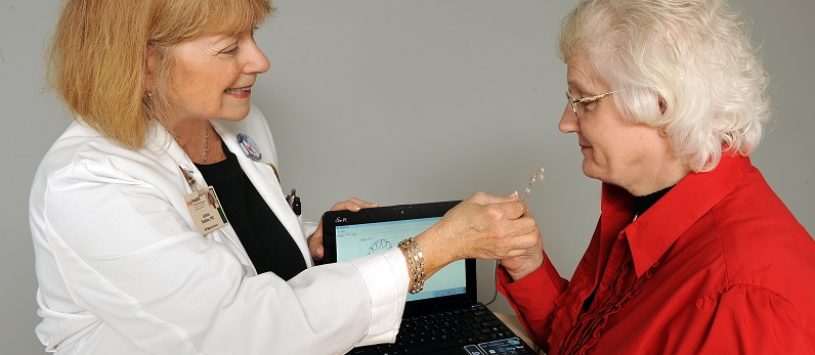When caregivers discuss supporting a loved one with dysphagia, they focus on the needs of that individual. They often neglect their health and well-being because their focus is on providing the needed support. However, to support this individual, the caregiver must manage their personal health and well-being.
Eighty percent of caregivers today remain uncompensated. They take on this role out of love for the person struggling with dysphagia. When they aren’t directly caring for their loved ones, they may be finding thicker food recipes, researching new treatments, investigating clinical trials, and more. As a result, they may experience stress, insomnia, and health issues of their own.
Common Caregiver Challenges
When a caregiver is running on empty, they can’t provide the highest level of care for the person with dysphagia. Caregivers often experience similar challenges. They may struggle to manage their time and find that things don’t get done because they are so busy caring for others. The constant running can leave them physically and emotionally stressed, and their health might decline.
Caregivers often find they lack privacy because somebody always needs them. If they miss work or end up buying items that the individual with dysphagia needs, the caregiver may experience financial problems. Lack of sleep can derail a caregiver, and they often feel isolated as they try to juggle multiple responsibilities.
Burnout remains a concern for caregivers. They often lack training, which can lead to frustration and worry that they are not doing enough. They may become depressed. The Family Caregiver Alliance states that caregivers experience depression twice as often as members of the general population. They need help to prevent these problems from arising.
Providing the Highest Level of Care
When caregivers prioritize their own health and well-being, they are better able to support loved ones with dysphagia. They need a system in place to provide this care and reduce the risk of burnout, depression, and other problems. Being organized is very helpful in ensuring that the individual with dysphagia receives the care they need. Apps or a three-ring binder can be used to keep things organized.
Turn to others for help. A caregiver should have a team that can step in and take on specific tasks. Family members want to be included in the process, and the caregiver should allow them to be wherever possible. A communication board helps keep everyone on the same page. Caregivers should also look for local support groups where they can connect with others, share ideas, and discuss solutions to common challenges. They also need to research respite services for those times when they need a break. These services will step in and assume caregiving duties for the specified period.
Exercising and eating nutritious meals will allow a caregiver to provide the highest level of care. They need their strength to help others. If a caregiver becomes ill, they should take a break and allow others to step in and temporarily assume their duties until they recover. Furthermore, caregivers need to take time to socialize with family and friends. They need to have a life even while caring for someone else. Doing so will benefit their physical and emotional health.
Supporting a loved one with dysphagia by taking on the role of caregiver is an act of love. However, it can be challenging to maintain this role over the long term if the caregiver doesn’t take steps to support and care for themselves. Every person serving in this role must find the right balance between self-care and caring for their loved one. When they do, both parties can flourish.







